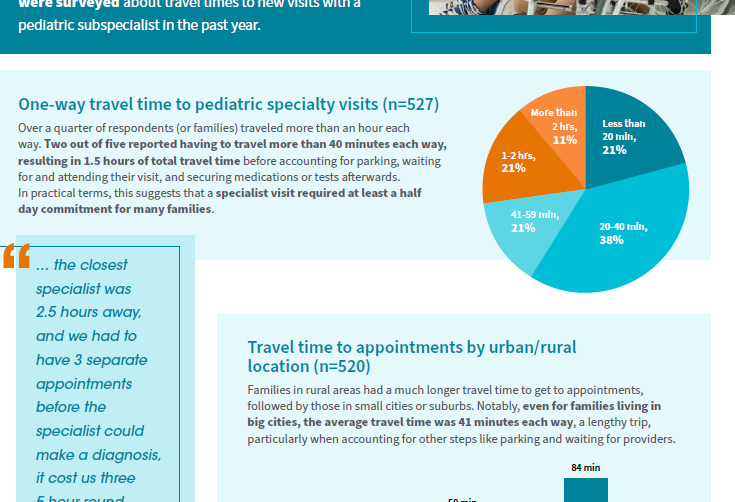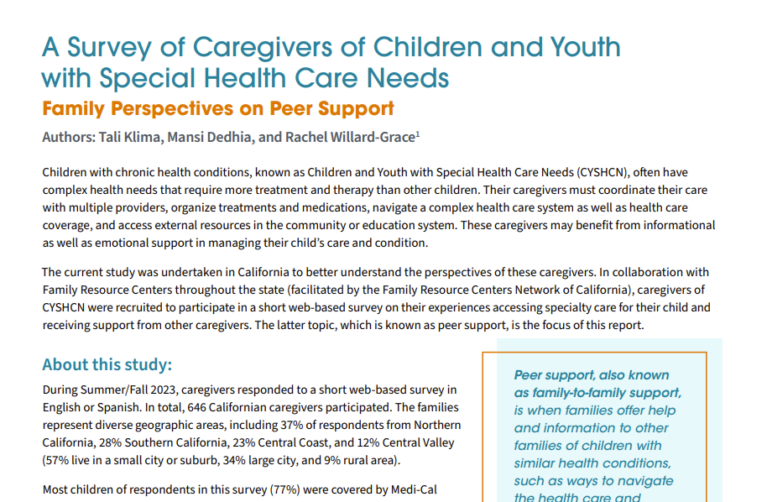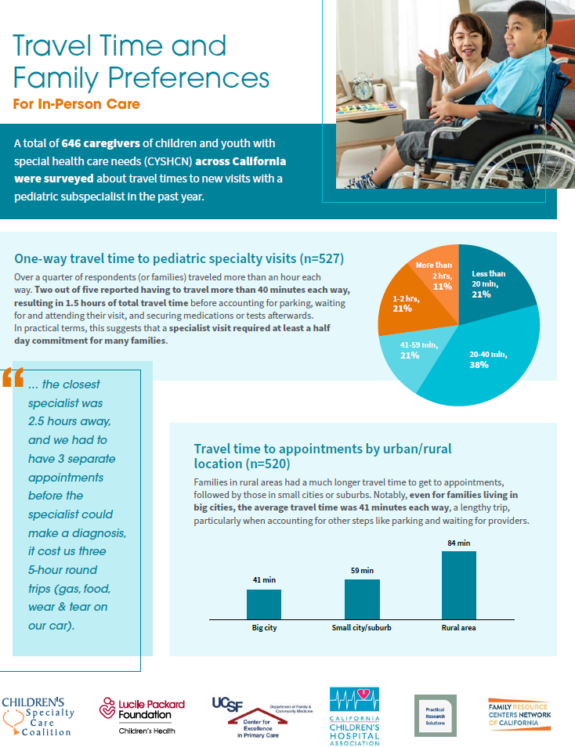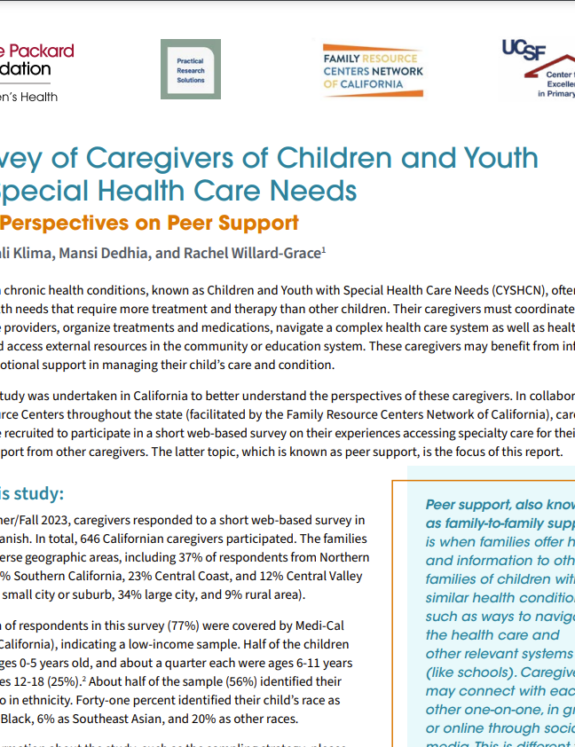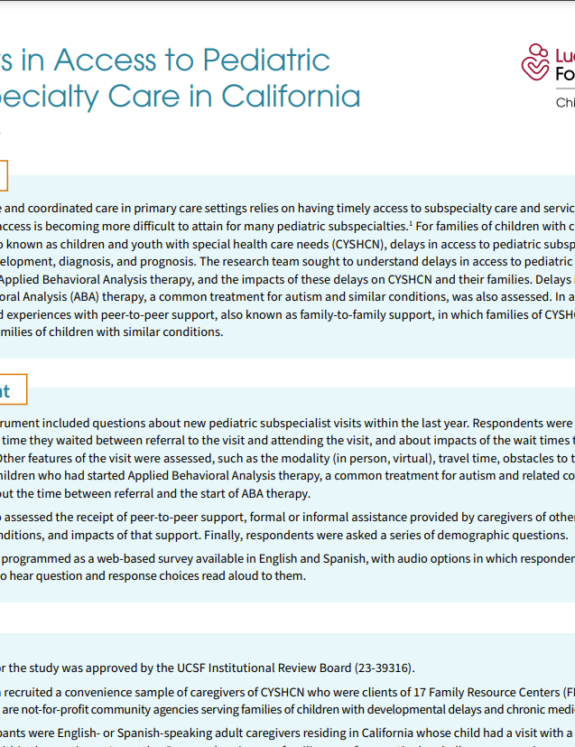Profile: Ann-Louise Kuhns, CEO, California Children’s Hospital Association
As president and CEO of the California Children’s Hospital Association, Ann-Louise Kuhns usually has children with special health care needs on her mind, but never more than now when the California Children’s Services (CCS) program is undergoing a major transformation.
CCS for decades has provided specialized treatment, care coordination and other services to the state’s most medically complex children, and served as a source of income for the state’s eight dedicated children’s hospitals. At the end of 2015, however, the CCS carve-out from Medi-Cal managed care is ending, leaving the program open to changes. Most Medi-Cal beneficiaries receive their care in a managed care setting.
See how many children are enrolled in CCS, by age and county>>
Any new version of CCS is likely to be quite different, and though many providers and families acknowledge that the existing program isn’t perfect, they are concerned that children may be moved into managed care models that will not provide the care they need
The state, Kuhns notes, wants “to move away from reimbursing doctors and hospitals directly. Our concern is whether or not that would jeopardize access to care and quality of care for these truly medical fragile kids.”
Other states have shifted medically complex children into managed health care systems, but “there’s no evidence that it has improved care for these kids,” she said. “There’s very little data on how medically fragile populations do under Medicaid managed care.
“The Children’s Hospitals Association’s watchword for the state is to proceed cautiously, so whatever we do, we do it with best interest of kids and families,” Kuhns said. “We would agree with the state that we should move towards whole child care,” rather than providing care only for a specific condition covered by CCS.
However, Kuhns would like state health officials to consider some innovative pilot projects currently under way to improve care for medically complex children, such as the accountable care organization model scheduled to be tested at Rady Children’s Hospital in San Diego, rather than folding these children into Medi-Cal managed care.
“People feel really passionately about CCS, and we do as well,” Kuhns added. “We (California’s children’s hospitals) want to work to find common ground and respect the state’s desire to move toward a more organized care delivery system.”
Kuhns’ long experience with state health policy and politics informs her contribution to the discussion over CCS’s future: before holding government affairs positions with an insurer and a pharmaceutical company, she served as California’s Medi-Cal Managed Care Division Chief. (Medi-Cal is California’s version of Medicaid.)
As Kuhns weighs the California Children’s Hospital Association’s priorities, the CCS transformation rises to the top of the list. But she and her staff also are working on other fronts.
The Association is partnering with the national Children’s Hospital Association to help ensure long-term funding for the Children’s Health Insurance Program, which in California supplements funding for low-income children in the state’s Medi-Cal managed care programs. The program is up for reauthorization, and there’s a national policy debate over whether CHIP is still needed given the Affordable Care Act’s changes to the insurance landscape.
Kuhns is concerned that any effort to move away from CHIP toward pushing children into the Affordable Care Act-created health insurance exchanges could result in poor outcomes for child health, particularly in specialty care. “We have concerns about higher deductibles and very narrow (provider) networks in some insurance products on the exchanges, which could lead to barriers to access to care.”
Kuhns also closely monitors overall funding for Medi-Cal and the state’s reimbursement rates, which many providers have criticized as too low to cover the costs of care.
“The state of California spends half as much on Medicaid as the state of New York does,” she said. “That’s a challenge for all providers.”
photo credit: Ann-Louise Kuhns
